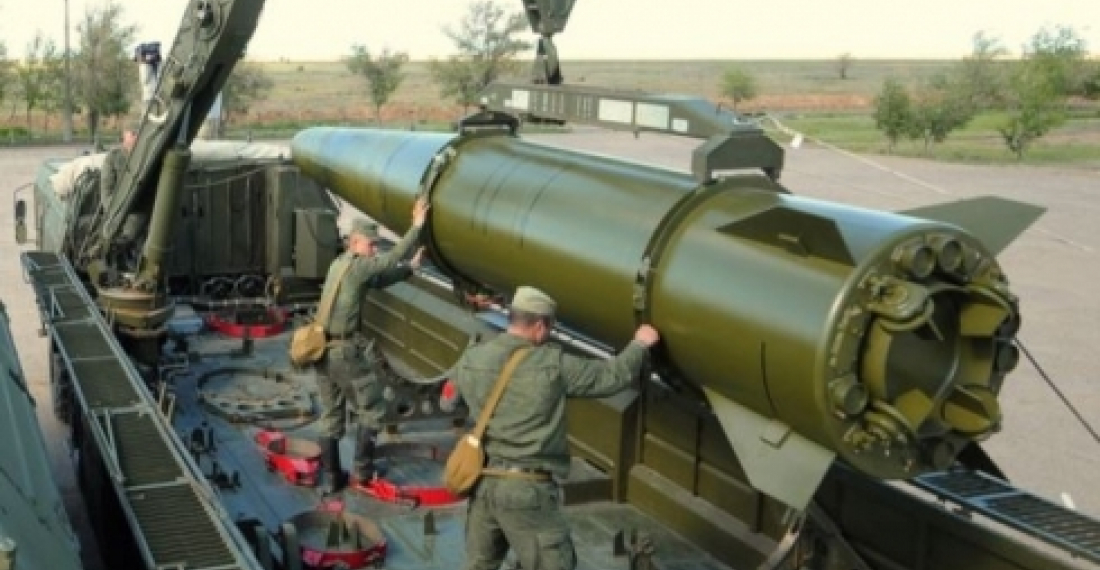Azerbaijan has sent a note of protest to Russia over the illegal sale of weapons to Armenia, Hikmat Hajiyev, spokesperson for the Azerbaijani Foreign Ministry said at a press conference on Wednesday.
"While Armenia continues the occupation of Azerbaijani lands and is strengthening its military presence in the occupied territories, providing offensive weapons and military equipment to Armenia undermines the settlement process and helps Armenia continue the occupation of Azerbaijani territories and causes escalation," Hajiyev stressed.
He also said that "Azerbaijan is expecting the Russian side to guarantee that Armenia will not deploy those arms and military equipment in Azerbaijan's occupied territories and along the Armenia-Azerbaijan border."
The Russian Government and Armenian authorities signed an agreement on providing export loan in the amount of $200 mln for ten years on a deferred basis till the beginning of 2018.
According to the Agreement Annex, Armenia purchases from Russia "Smerch" multiple rocket launcher with its ammunition, "Igla-S" air defense system, Autabase-M ground-based communication surveillance system, TOS-1A multiple rocket launcher with transloaders, 9M113M guided projectile, RPG-26 grenade launcher, Dragunov sniper rifles, combat car "Tiger," engineer assets and communication gears.
According to the new data on international arms transfers published by the Stockholm International Peace Research Institute (SIPRI) United States and Russia remain the largest arms exporters in the world. Russian exports of major weapons increased by 28 per cent between 2006-10 and 2011-15, and Russia accounted for 25 per cent of global exports in the recent 5-year period.
On the other side, Russia has sold some $5 billion worth of modern weapons to Azerbaijan during 2010-1015. According to SIPRI Azerbaijan increased its arms imports by 217 per cent between 2006-10 and 2011-15.
source: commonspace.eu with agencies







